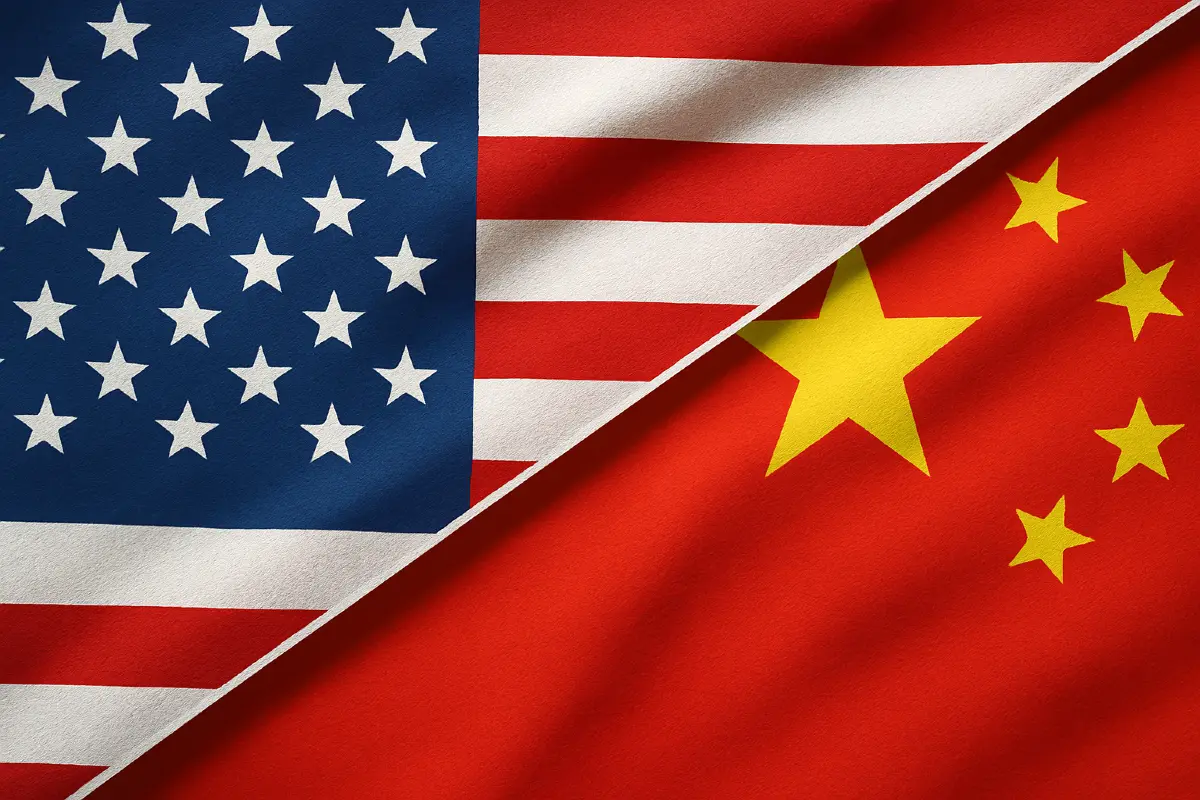Aberdeen’s economists have provided their assessments on the shifting macro dynamics in the US and China, with implications for markets, policy, and global growth.
Paul Diggle, Chief Economist, says of the US:
“US bond yields have started to move sharply higher despite equity market weakness, and the curve has steepened significantly. Falling equities and dollar, and rising yields, represent a pernicious combination. In any other country, this would be called a sovereign crisis.
This is particularly striking because the US treasury market is meant to be the risk-free asset that performs well when equity markets are falling. Instead, bond yields appear to be rising for several reasons.
First, uncertainty around US policy means investors require higher term premia (the compensation that investors require for lending for longer periods, which takes the form of higher yields). Indeed, the move in nominal yields – the interest rate before inflation is taken into account – seems to be an increase in term premia rather than inflation compensation, with real yields moving up despite the weaker growth outlook.
Second, the US may be becoming a structurally less attractive place to invest over the long run, with tariffs reducing long-run potential growth, meaning portfolios could well hold fewer US assets in the future.
Policy unpredictability and lower growth may also lead to greater concern about fiscal sustainability, with the US less able (and, if certain parts of the Miran plan are implemented, less willing) to service its debt.
Third, because tariffs represent a stagflationary shock, they create a difficult trade-off for monetary policy. There is a risk that either the Fed doesn’t ease as aggressively as priced by markets, or that it allows an inflation overshoot as it focuses on growth.
Fourth, Asian investors in particular seem to be selling US assets. In extremis, this could evolve into the dumping of treasuries by China that has long been speculated about. However, such a move would cause the Chinese currency to appreciate, which doesn’t seem to be policymakers preference for now.
It is possible that bond market weakness will prove more consequential in shifting the administration’s approach. So far, the pain tolerance for equity weakness has been high. But the equity market vigilantes were arguably easier to ignore when bond yields were falling.”
Robert Gilhooly, Senior Emerging Markets Economist, says of China:
“Tariff tit-for-tat between the US and China will almost certainly spur further policy easing by China – such as bond issuance brought forward and expanded – but it is unlikely to be enough to fully offset the shock.
Higher tariffs on other Asian economies reduce the ability to circumvent tariffs by re-routing goods via third countries, while the scale and breadth of tariffs across both EMs and DMs implies a broad-based global growth slowdown.
For now, we are pencilling in another 1.25% hit to the level of Chinese GDP, which pushes down 2025 GDP growth to 4.2%.
Tomorrow’s CPI print will be important in judging underlying inflation going into the trade war, but the growth shock combined with the oil price fall will likely keep CPI inflation and the GDP deflator in negative territory.
The authorities continue to lean against FX depreciation pressure, with the latest reporting suggesting that state-owned banks have been asked to reduce their USD purchases. But, at the same time, the FX fix has been allowed to push higher, while the CNH/USD exchange rate briefly hit a record high of over 7.4 yesterday.”
















